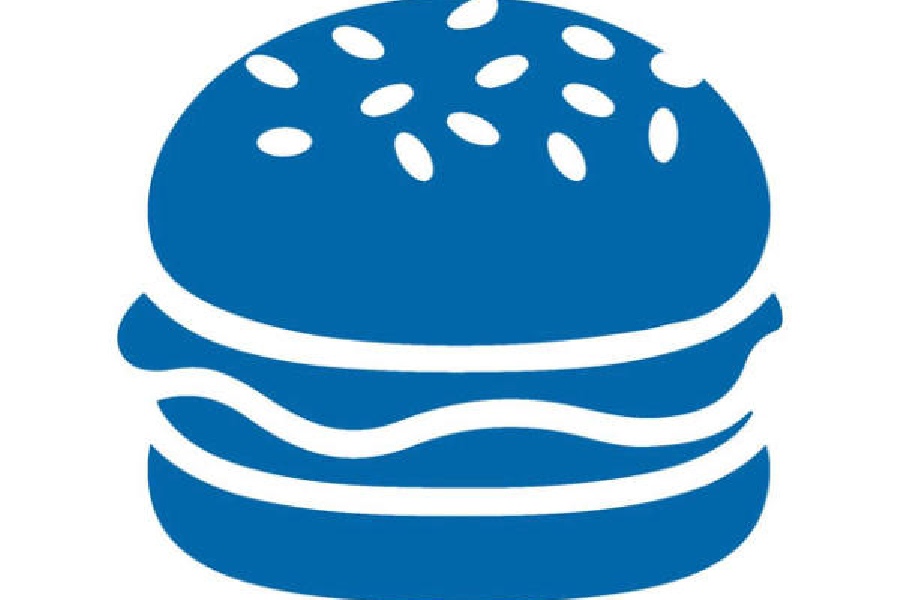A survey on food habits of children conducted among parents in five states, including Bengal, showed that 43 per cent parents send packaged food like wafers and biscuits in their child’s snack box and 38 per cent of parents said that their children eat junk/ fast food more than five times in a week.
The survey was conducted by an association of pre-primary and primary schools, among 10,000 parents in Kolkata, Delhi, Mumbai and some cities in Karnataka and Gujarat over a period of three months.
The questions by themselves would highlight to parents and make them realise the unhealthy food habits of their children have, said the head of the association.
At times the hassle of preparing a healthier option because of time crunch poses a challenge to parents and often they are not aware of the right diet for their children.
The purpose of the survey was to find out parents’ ideas about diet for their children and awareness about “hidden junk” in their children’s diet, a member said.
43 per cent of parents said they send packaged food in their child’s snack box, 35 per cent send home-cooked meal and 22 per cent consume school snacks.
Only 12 per cent of parents said their children do not eat junk food, 50 per cent said they eat junk between one and five times a week and 38 per cent eat more than five times a week.
72 per cent of parents said their children ate unhealthy food and 28 per cent said they did not.
42 per cent parents said children have unhealthy food habits because of exposure to outlets and home deliveries, 18 per cent said it is because of ads, 33 per cent said because of incorrect food habits at home and 7 per cent cited other reasons.
41 per cent parents said their children eat fruits everyday, 23 per cent said they don’t and 36 per cent said yes to packaged fruit juice.
34 per cent parents know the required amount of vegetable portions that their child requires everyday, 48 per cent said they don’t and 18 per cent were not sure.
9 per cent of parents know the nutritional value of the food items purchased from branded food chains and restaurants, 88 per cent said they do not know and 3 per cent were not sure.
48 per cent parents said schools should think of healthy alternatives to cakes, sweets, chocolates distributed during birthday celebrations, 30 per cent said they don’t and 22 per cent were not sure.
“The questions were aimed to highlight to parents something that they did not think about and make them realise how unhealthy their child’s eating habit is,” said Swati Popat Vats, president, Early Childhood Association (for pre-primary schools) and Association for Preparatory Education and Research (for primary schools).
The two associations jointly conducted the survey.
After the Covid pandemic, the convenience and frequency of ordering outside food has increased. With most children being fussy eaters, parents give in to their demands.
A lot of food enters homes and most people lack the understanding of their nutritional value.
“It is natural for children to ask for junk but it is wrong for adults to provide them with what they are asking for always,” said Suman Sood, a member of the Early Childhood Association.
A school-going child’s mother lamented that whenever she tried to provide home-cooked food in the school tiffin, “the box comes home intact”.
“But if there is instant noodles or chips, it is fine. As a mother, at times it makes me think that she is eating at least,” said the mother of a seven-year-old.
Even school canteens often do not serve healthy food.
“We have spoken to our canteen vendor and they say that to be economically viable they have to keep some items that are appealing to the kids. While we have restrictions on chips and aerated drinks, they do serve pasta, momo and bread, which are not completely healthy,” said Amita Prasad, director, Indus Valley World School.
